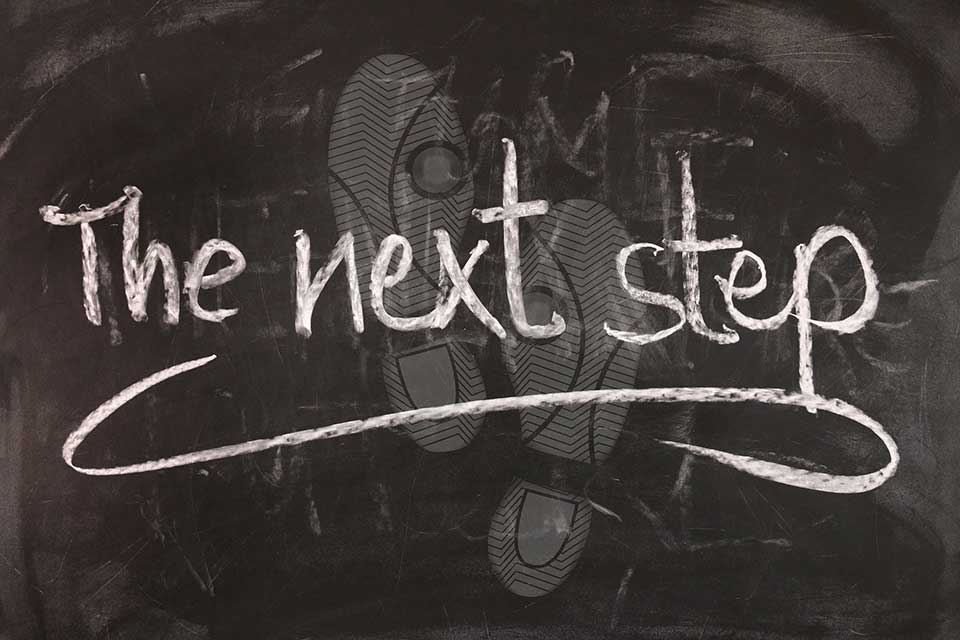
Are you experiencing anxiety about your health during these stressful times? Use these affirmations and start feeling better today. Read these affirmations throughout the day to relieve your health anxiety. Make sure to save or even print this page.
I am grateful that my body is healthy, whole, and strong.
- A healthy, whole, and strong body is a priority for me. I am grateful to have a healthy body. My life is better, fuller, and richer because health, diet, and fitness are my priorities. My body is getting healthier each day in every way.
- I strive to increase my overall health. I accomplish this by focusing on a nourishing diet and avoiding unwholesome habits. I have a healthy lifestyle that supports both my physical and emotional well-being.
- I get enough sleep each night to rejuvenate my mind and body and prepare them for the rigors of a new day.
- I exercise on a regular basis to build strength and endurance. I follow my regular workout schedule religiously. I enjoy working out and my fitness routine pleases me. I am usually free of injury because my body heals quickly and easily.
- My body is a gift that I care for to the best of my ability. I know that I only get one chance to take great care of my body, so I avoid damaging it.
- I see my physician regularly and whenever else it becomes necessary. I follow whatever advice I am given. I like and trust my physician. We have an excellent relationship. My physician is knowledgeable and he provides excellent medical care.
- Today, I am creating a body that is healthy in every way. I make healthy decisions that ensure my well-being and vitality. I am grateful that my body is healthy, whole, and strong. I feel truly blessed.
Self-Reflection Questions:
- Which of my health concerns still need to be addressed?
- What unhealthy habits can I change?
- How would my health change for the better if I made it more of a priority?





